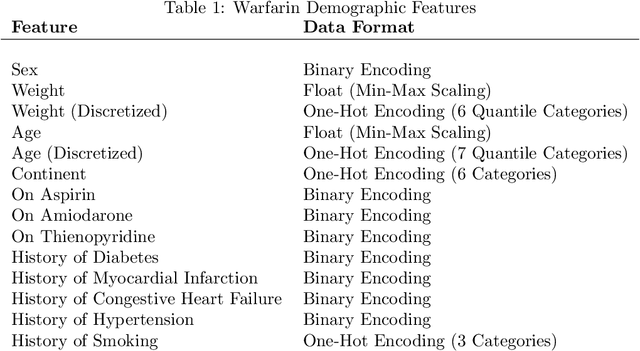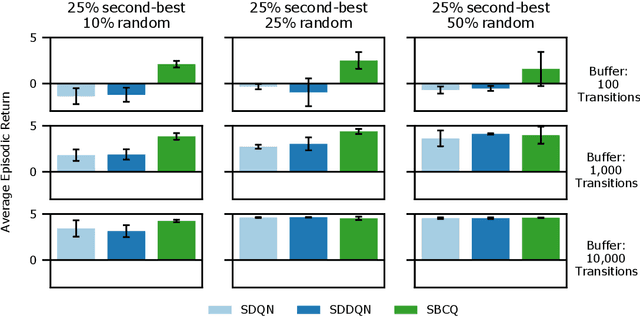Semi-Markov Offline Reinforcement Learning for Healthcare
Paper and Code
Mar 21, 2022



Reinforcement learning (RL) tasks are typically framed as Markov Decision Processes (MDPs), assuming that decisions are made at fixed time intervals. However, many applications of great importance, including healthcare, do not satisfy this assumption, yet they are commonly modelled as MDPs after an artificial reshaping of the data. In addition, most healthcare (and similar) problems are offline by nature, allowing for only retrospective studies. To address both challenges, we begin by discussing the Semi-MDP (SMDP) framework, which formally handles actions of variable timings. We next present a formal way to apply SMDP modifications to nearly any given value-based offline RL method. We use this theory to introduce three SMDP-based offline RL algorithms, namely, SDQN, SDDQN, and SBCQ. We then experimentally demonstrate that only these SMDP-based algorithms learn the optimal policy in variable-time environments, whereas their MDP counterparts do not. Finally, we apply our new algorithms to a real-world offline dataset pertaining to warfarin dosing for stroke prevention and demonstrate similar results.
 Add to Chrome
Add to Chrome Add to Firefox
Add to Firefox Add to Edge
Add to Edge